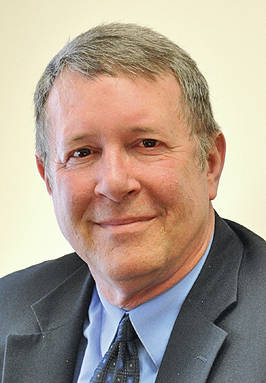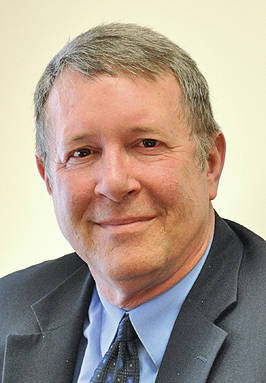

Evangelical Christians voted for Donald Trump in overwhelming numbers. Evangelical support for the president remains relatively firm; indeed, even as others criticized the president’s remarks in the wake of Charlottesville, evangelical leaders rose to the president’s defense. All of this gets under the skin of President Trump’s critics, who cannot believe that men and women who think of themselves as godly can possibly stomach Trump’s behavior. For such critics, the only possible explanation for evangelicals’ continuing faith in Trump is some combination of ignorance and hypocrisy.
How Trump appealed to white, evangelical voters
An overwhelming number of white, evangelicals voted for Donald Trump, 81-16 percent, according to exit poll results. Politics anchor Libby Casey talks to religion reporter Sarah Pulliam Bailey about how Trump appealed to this group and what they expect from him in office. (The Washington Post)
Conversations with actual evangelical Christians at a recent gathering here — the Hillsboro Family Camp, where families have met annually since 1972 for four days of praise and worship — suggest a different picture. These voters — and almost all of them voted — see Trump’s flaws but perceive him as a fellow sinner willing to fight the forces of the establishment on their behalf.
Echoing the views of many present, one evangelist on hand told me Trump hasn’t let him down. The barrage of negative press hardly rattled him or most of his colleagues, who see the mainstream media as anything but friendly to their opinions and their faith.
“He has to fight all of them,” said the preacher, referring to the Democrats and the media.
Another minister told me he appreciates that Trump has no hesitation taking on “the reprobate left” that considers the president “an enemy of their established power system.”
Evangelicals do not always fit stereotypes. Among those attending the family camp were everyone from farmers, plumbers and carpenters to real-estate agents, doctors and lawyers. In the Hillsboro area, many leaders of evangelical churches serve on community boards and commissions.
Part of the decision by many evangelicals to support Trump for president was attributable to long-standing differences with liberal candidates over social issues. Evangelicals tend to share conservative positions on abortion, gun rights, border security and the fight against “radical Islamic terrorism,” as they usually make sure to phrase it. But more than anything, Trump’s specific pledges to the religious right got their attention.
So far, they think Trump has kept those promises. He has followed up with invitations to the White House, sought input on court appointments, stood firmly with Israel and signed an executive order expanding religious freedom in regard to political speech.
Another minister said he grows tired of hearing criticism of Trump on character issues. In the Bible and throughout history, “God uses rulers who aren’t themselves godly,” he said, pointing to the Old Testament example of David, a murderer and adulterer whom God later made king and eventually called “a man after my own heart.”
Aside from his more obvious outreach efforts to evangelicals, the president also sends more subtle messages on the subject of faith vs. science. For example, when Trump refuses to fully adopt the conclusion that climate change is due to man-made influences, he demonstrates an affinity with evangelical Christians who do not blindly accept every scientific theory.
Evangelicals tend to believe in biblical teachings on the origins of the universe and the advent and purpose of human life. They do not accept that their existence is nothing more than the result of a random cosmic accident, or that life is so meaningless that it ends in the grave. God created Adam and Eve, Noah built the ark, Jesus rose from the dead and heaven awaits believers. Evangelicals understand science as well as most lay people. They know many of their beliefs contradict scientific facts and theories.
They also know they are considered by many to be superstitious or ignorant for adhering to their beliefs. But they are guided by the Bible’s reminder that faith is “the substance of things hoped for, the evidence of things not seen.” The things in which they place their faith are not demonstrable in any laboratory.
Most evangelical believers don’t condemn Trump for the litany of words or deeds that so disturb others, even when they disapprove. Probably half the people in churches across the country defined as “evangelicals” were converted from lives that were even more unprincipled than the life Trump has led. Some experienced divorces, others used foul language, and many were addicted to drugs or alcohol.
In most cases, no immediate miracle happened with regard to their behavior at the moment of their confessions of faith or their emergence from the baptismal waters. The only miracle they were promised was the application of the grace of Jesus Christ, which, under New Testament doctrine, washed away their sins. They know Donald J. Trump is not worthy of the grace of God, because neither were they — which, to them, is the mystery and beauty of this undeserved gift.


